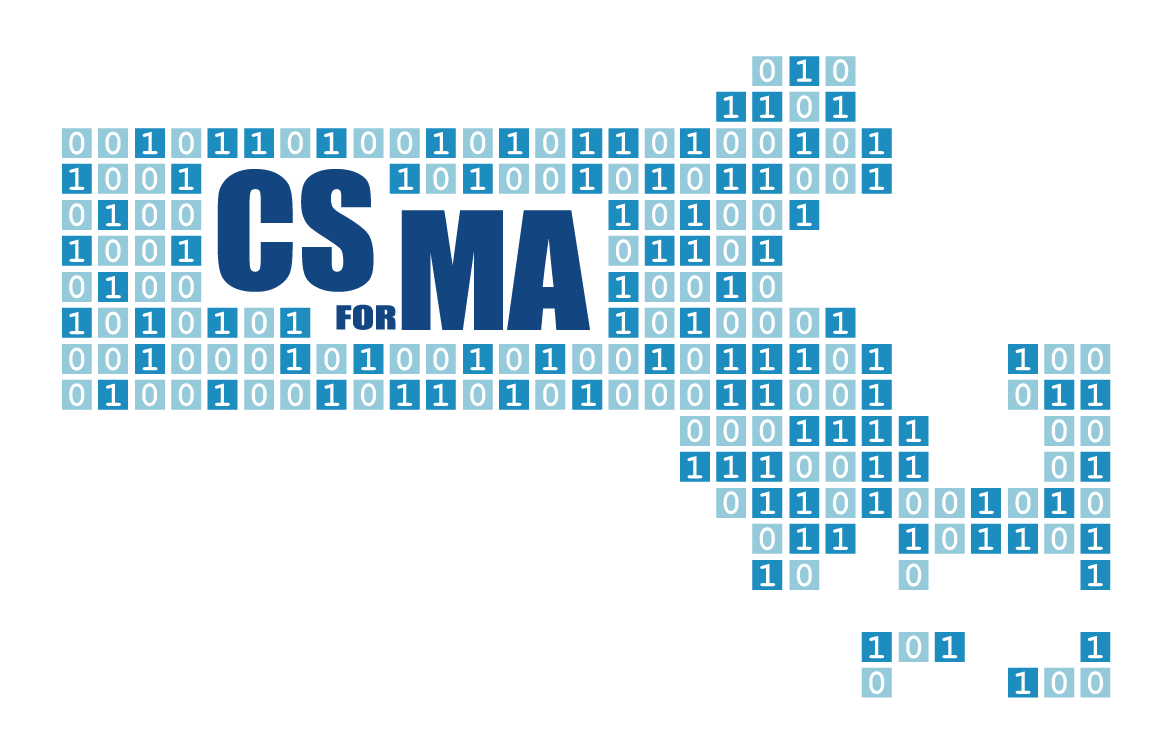Workshops
-
Computational Thinking & Problem solving
Dell EMC Data Science
Exploring Computer Science
Teaching Advanced Placement Computer Science A with iJava
MicroController Labs & Activities
The 2017 Summer Institute is located at the UMass Boston Columbia Point campus. Shuttle service to/from the JFK/UMass train station (MBTA Red Line) is available. The workshops, unless otherwise indicated, run from 9:00 a.m. to 5:00 p.m. Monday through Thursday and Friday 9:00 a.m. to 12:30 p.m. Complementary parking is available to all participants.
Travel (airline/train/auto) expenses are the responsibility of the attendee.
Hotel Rooms are available at the reduced rate of $129.00 per nite (details available upon registration).
Computational Thinking & Creative Problem Solving

Week 2: 7 August to 11 August
This workshop prepares the participant to Computational Thinking and Problem Solving (CTPS). CTPS is a course offered at a variety of institutions, both high school and college, as an introduction to computing class. The classroom culture is modeled after a professional workplace featuring business practices and project teams. Students are treated, and expected to collaborate, as employees working together to complete common assignments and produce quality deliverables. The course focus is on systematic problem solving strategies and the creation of reusable algorithms as the precursor to computer programming. Collaboration, innovation, and critical thinking skills are key student learning outcomes that are appraised as part of the grading rubric.
Dell EMC Data Science

Week 2: 7 August to 11 August
The course prepares the participant for the Proven™ Professional Data Scientist Associate (EMCDSA) certification exam, and establishes a baseline of Data Science skills that can be enhanced with additional training and further real-world experience. It includes an introduction to big data and the Data Analytics Lifecycle to address business challenges that leverage big data. The course provides grounding in basic and advanced analytic methods and an introduction to big data analytics technology and tools, including MapReduce and Hadoop. The extensive labs throughout provide many opportunities for students to apply these methods and tools to real-world business challenges as a practicing Data Scientist. The course takes an “Open”, or technology-neutral approach, and includes a final lab in which students address a big data analytics challenge by applying the concepts taught in the course in the context of the Data Analytics Lifecycle.
Exploring Computer Science

Week 2: 7 August to 11 August
This workshop, offered and sponsored jointly by EDC (Education Development Center), and BATEC prepares participants to teach the Exploring Computer Science (ECS) class. ECS is a yearlong high school level class consisting of 6 unit (each unit contains approximately 6 weeks of content). The course is centered on a framework of both computer science content and computational practice. Assignments and instruction are particularly meaningful for diverse students as career, ethical and social social issues, are explored throughout the six units. Students study the responsibilities of software users and software developers with respect to intellectual property rights, software failures, and the piracy of software and other digital media and are introduced to the concept of open-source software development.
Teaching Advanced Placement Computer Science A with iJava

Week 1: 1 August to 3 August
This 3-day workshop is designed to support high school teachers in teaching Java, the computer programming language used in the Advanced Placement Computer Science-A course. This workshop familiarizes participants with the online interactive e-book developed by and used at the University of Massachusetts Amherst. This workshop concentrates on using the iJava curriculum as a learning tool. Interactive Java (iJava) is designed to encourage independent, methodical thinking. The course includes almost 400 programming exercises, half embedded in the reading, and more at the end of each unit. Evaluation of homework answers is done in real time for a feedback loop to encourage the learner. In this workshop teachers will be exposed to the first 5 (of 13) units, participating in model lessons concentrating on classroom strategies and best practices, with time to collaboratively develop lessons using these strategies. Participants should be familiar with at least one computer programming language (preferably Java) and be planning to teach Java in 2017-2018 or 2018-19 (for example, Advanced Placement CS-A). This workshop concentrates on using the iJava curriculum as a learning tool. There are many opportunities to learn Java and AP CSP and AP CS A, including but not limited to college courses and College Board AP Summer Institutes. This workshop is sponsored by the Expanding Computing Education Pathways Alliance (ECEP), Commonwealth Alliance for IT Education (CAITE) at UMass Amherst and BATEC at UMass Boston.
MicroController Labs & Activities (Raspberry PI, Arduino, Microbits)

Week 1: 31 July to 4 August
Week 2: 7 August to 11 August
This workshop will introduce participants to the Raspberry Pi, Arduino and micro:bit single-board computer and microcontrollers, inexpensive platforms that can do amazing things. Each device has its own capabilities and the projects will demonstrate the array of activities that can be integrated within your classroom. Additionally, we will discuss how these devices platforms can be enrich outreach activities to drive interest in your educational programs, and to introduce students to STEM areas. Participants will be able to get access to all materials (slides, labs, etc) presented during the workshop, and will be able to use it under a Creative Commons license.
